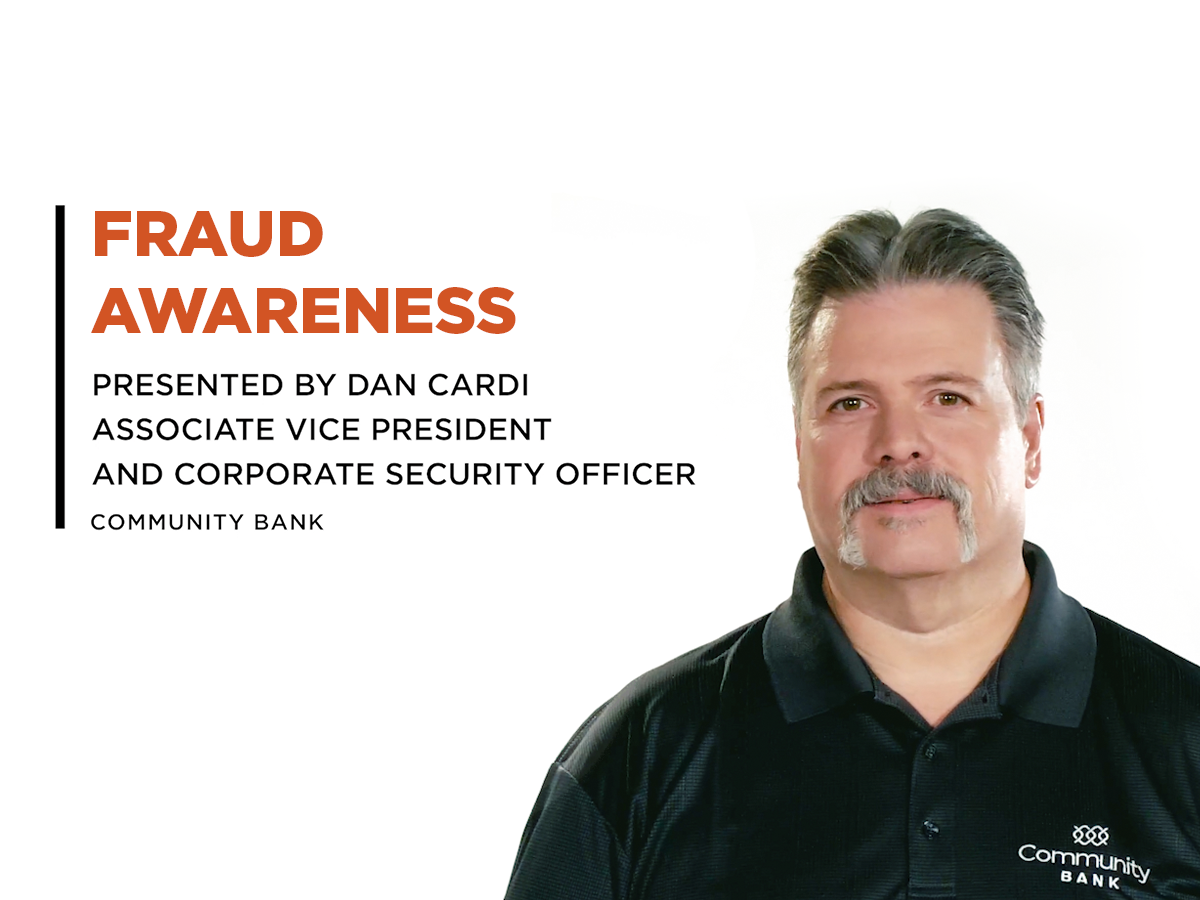
Published October 29, 2024
Top 5 money mistakes to avoid for financial health
Build confidence in your money management.
Finding stability in your finances can feel overwhelming in this economy.
There are so many expenses that demand your immediate attention, and many people are struggling to make ends meet. When all’s said and done, future needs might feel too large to tackle.
Whatever the challenge may be, making a few small changes can help improve your financial health—and overall wellbeing.
Let’s talk about five common money mistakes that have the potential to trip you up, and how to manage money for a smoother path forward.
1. Overspending day-to-day
As living costs rise, it’s important to be intentional around how you’re using your disposable income.
Through a short-term lens, today’s needs can feel like the most important place to put your money. But if you’re not careful, they add up fast. For example, food is a necessary expense, but ordering takeout multiple times a week could eat up your paycheck faster than buying groceries and meal prepping at home.
That’s not to say you shouldn’t invest in your personal life—your social life and hobbies are an important part of your overall wellbeing. A healthy lifestyle is all about balance.
Budget tracking can help you understand how you currently prioritize your spending and identify areas for improvement. It’s also a great exercise in how to manage money toward both short- and long-term goals.
2. Not having an emergency fund
As you budget for immediate needs like food and housing, it’s important to think about how you’ll fund those costs in the future if you face a job loss or unplanned medical bills.
An emergency fund ensures your basic needs will be covered. It’s a safety net that doesn’t affect your credit score—unlike racking up credit card debt, taking out a cash advance, or relying on loans.
If you’re just starting to build up an emergency fund, you can start off small. Even $25 a week will yield $1,300 in a year. That’s a considerable cushion that could relieve some financial stress if needed.
3. Falling into credit card debt
If you don’t have an emergency fund and need to pay for an unexpected expense (like a car repair), you might need to lean on the flexibility that credit cards offer.
This means you’ll need to be extra diligent in budgeting to pay off what you borrow.
If you miss a payment, it could negatively impact your credit score, which is what lenders use to decide how much credit to give you and what interest rate to charge you. If you have a low score, you might not be able to access the amount of credit or low rates that you want when borrowing for a personal, auto, mortgage, or home equity loan.
On the other hand, using a credit card wisely is a great way to build your credit score. Making payments on time shows lenders you’re reliable with your money, so they’ll be more likely to give you what you want in the future.
Just remember: Even if you use credit cards responsibly, you can still fall victim to fraudsters who can rack up thousands of dollars in debt in a short period of time if they gain access to your account. Make sure to set up alerts for fraudulent activity on your account and monitor your score with a free service to keep track of your credit health.
4. Paying off the wrong debt first
Whether it’s credit card debt, student loans, a car payment, or a mortgage, most people have some form of debt.
But if you have multiple balances, be careful which one you prioritize paying off. You may be tempted to pay off the debt you’ll have the longest (like a mortgage) or student loans, but you should always prioritize the debt/loans with higher interest rates.
Start by creating a debt payoff plan. Write down all your balances and the corresponding interest rates, then prioritize what’s available in your budget to tackle your highest interest rate first.
You may even consider pausing contributions to savings and investments until your higher-interest debt is paid off. After all, it’s hard to save money when you’re paying more in interest than you’re saving each month.
5. Not saving for retirement
When your most immediate expenses demand your attention, the future can feel far away.
There’s so much to spend money on now, and what’s left over might seem too small to make a difference. But saving even a little bit matters, especially early in your career.
The earlier you start saving in a retirement fund, the more time you have for that money to compound on itself. But this is only true when you invest your savings: The money you save can earn more money, and over time those earnings generate earnings of their own.
“Investing” and “time” are the key words here. You can put savings into a tax-advantaged account like an IRA or a 401(k), but if there are no investments attached to the account, the money won’t grow on its own. Aside from not saving at all, the biggest financial mistake people make when saving for retirement is not investing enough or at all.
If your employer offers 401(k) matching, make sure you’re contributing enough to capture the entire amount they’ll match. If you don’t, it’s like leaving free money on the table. Or worse, part of your paycheck that you’ve worked for.
It’s never too late—or too soon—to chase your financial goals.
By reframing challenges as opportunities, you can build confidence in your money management and create a sustainable plan for financial growth.
Explore resources for information and advice on spending, saving, banking, investing, and more. And if you still have questions on how to manage money, get in touch with a Community Bank representative to find specific solutions for your circumstances.
Explore our Financial Literacy Hub and our blog for content that helps you make money decisions confidently.


